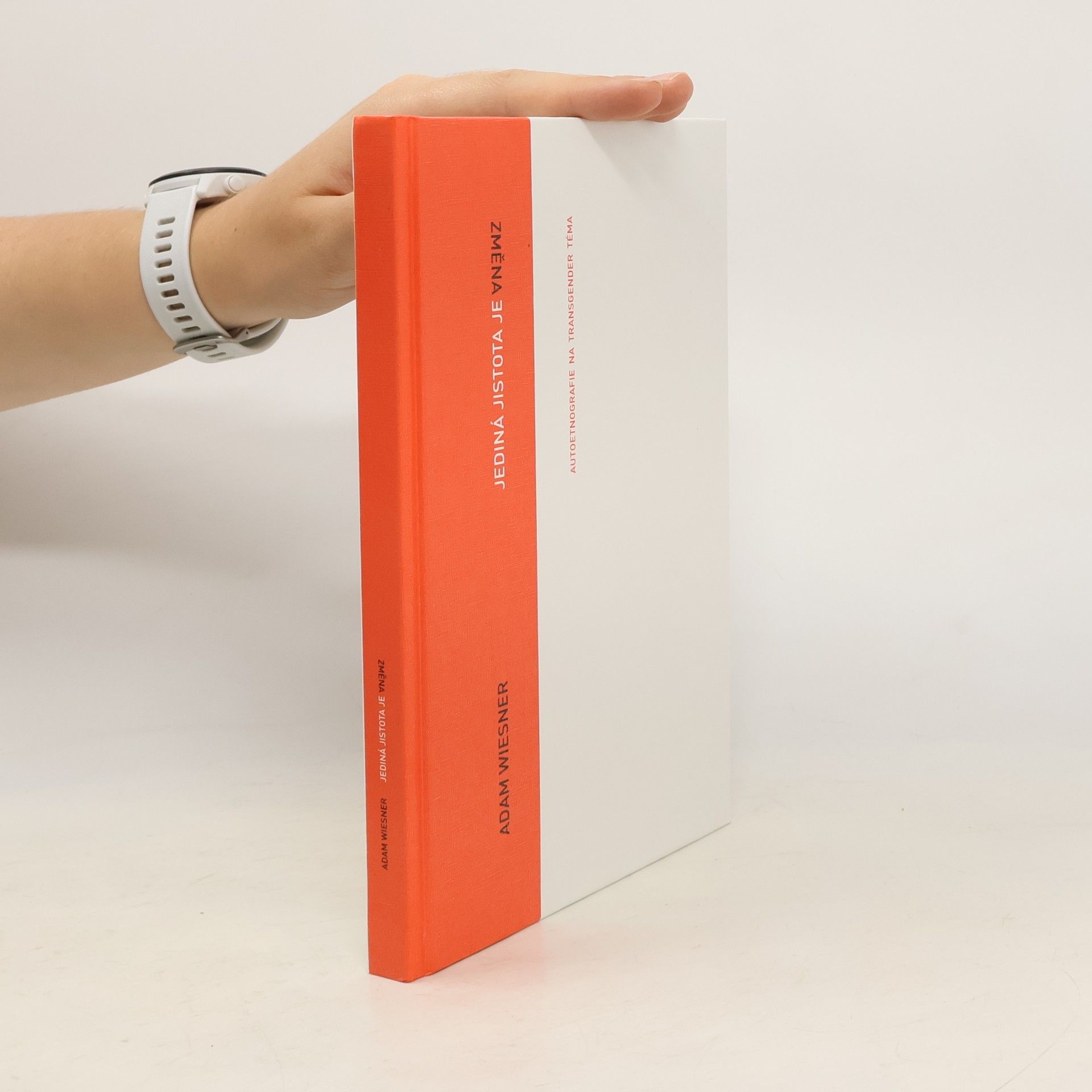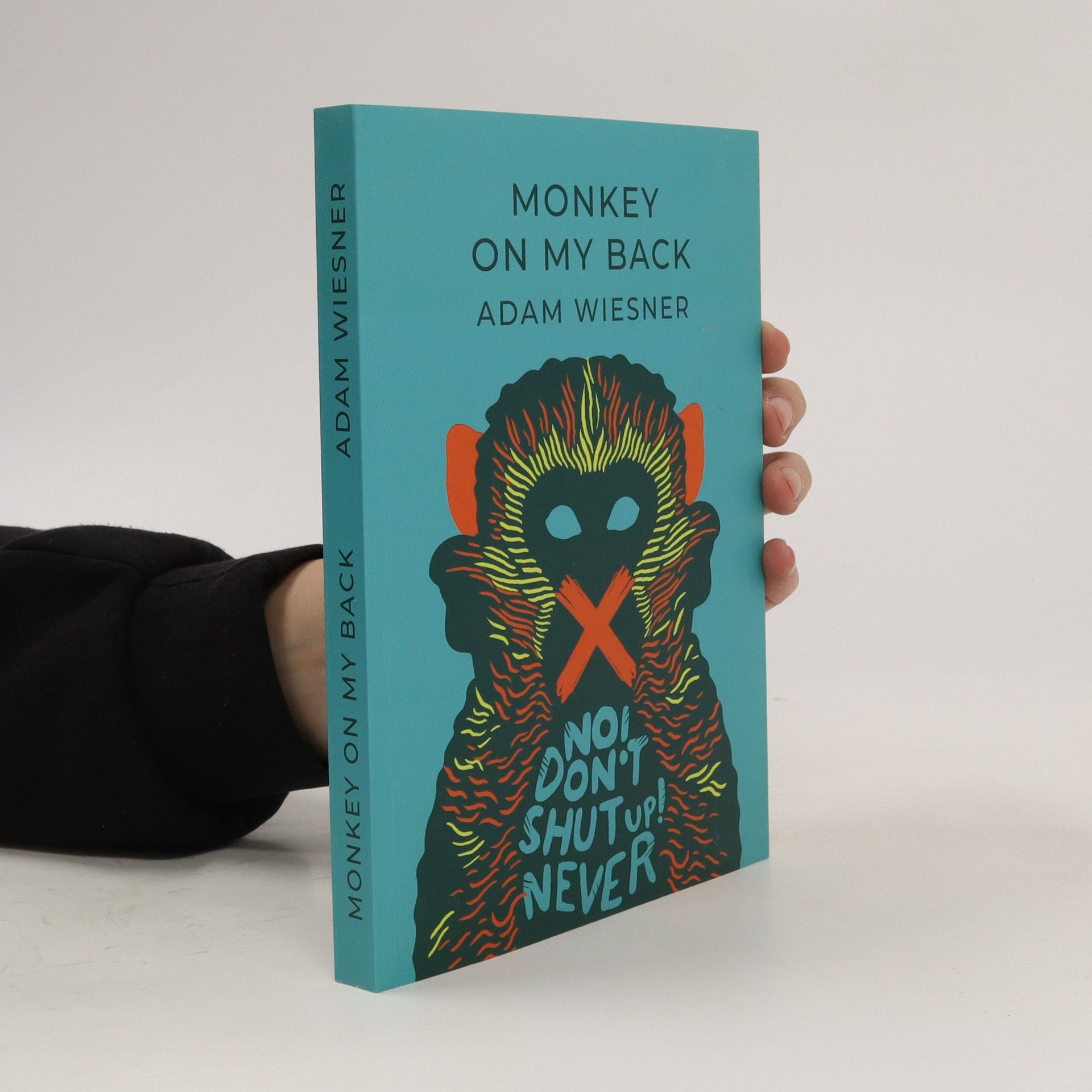With a conscious attempt to contribute to contemporary discussions in mad/trans/queer/ monster studies, the monograph approaches complex postmodern theories and contextualizes them from an autoethnographic methodological perspective. As the self-explanatory subtitle reads, the book introduces several topics as revelatory fields for the author’s self-exploration at the moment of an intense epistemological and ontological crisis. Reflexively written, it does not solely focus on a personal experience, as it also aims at bridging the gap between the individual and the collective in times of global uncertainty. There are no solid outcomes defined; nevertheless, the narrative points to a certain—more fluid—way out. Through introducing alternative ways of hermeneutics and meaning-making, the book offers a synthesis of postmodern philosophy and therapy, evolutionary astrology as a symbolic language, embodied inquiry, and Buddhist thought that together represent a critical attempt to challenge the pathologizing discursive practices of modern, Western disciplines during the neoliberal capitalist era.
Adam Wiesner Boeken


Autor majstrovsky využíva vedomú a silnú reflexivitu na všetky aspekty a fázy svojho skúmania. Zároveň poskytuje kultivovaný a znalosťami podložený ponor do prežívania rodovo nebinárneho človeka, prezentovaný a prítomný v celom texte.prof. PhDr. Viera Bačová, DrSc.Kniha zaujímavým spôsobom prepojuje tri dimenzie situovanosti autora (vedca, aktivistu a človeka v procese tranzície). Táto špecifická situovanosť a pozicionalita je zároveň systematicky a citlivo reflektovaná v celom procese výskumu (interakcie so skúmanými). Preto sa domnievam, že táto kniha má aj vzdelávací rozmer - môže slúžiť ako metodologická učebnica autoetnografie pre odbory, ako sú sociálna antropológia či sociológia.Mgr. Petra Ezzeddine, PhD.Obsah sa člení na 7 kapitol1. Slovo úvodem2. Vývoj tématu a proces analýzy dat3. Etnografie jako žánr4. Koncept transgender a trocha teorie5. Reflexivní přístup k výběru metody jako nástroj etiky v praxi6. Jak vybudovat organizaci7. Proces tranzice